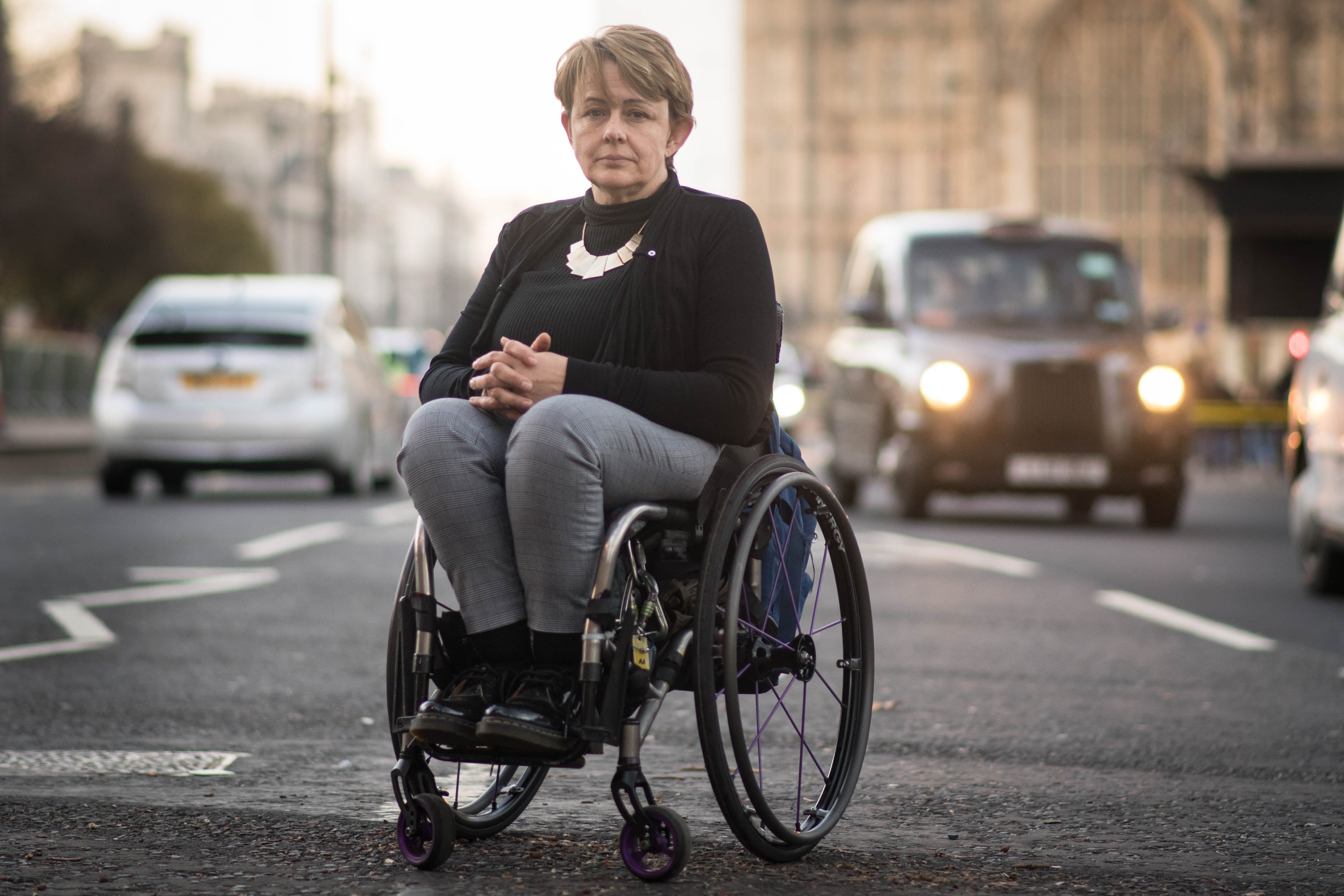Leading academic experts in the fields of health, end-of-life care and the legal system have joined together to sign an open letter opposing the assisted dying bill which MPs are due to debate on Friday.
The bill tabled by Labour MP Kim Leadbeater would for the first time allow for the NHS to assist people to take their own lives.
Ms Leadbeater and supporters of the legislation claim the bill would provide the “strictest safeguards anywhere in the world” to prevent the system being abused and ensure it only applied to terminally ill patients. Among these are that any requests to end life would need to be signed off by two doctors and a judge.
However, in an open letter to MPs the 73 academics have fuelled concerns that the safeguards are not strong enough and could open the doors for coercion of the vulnerable to end their own lives.

This follows concerns raised by 11-time Paralympic gold medallist and now member of the House of Lords, Baroness Tanni Grey-Thompson in a devastating intervention in The Independent last week. Her concerns were echoed by Liberty and the former head of the family court division.
The academics say Ms Leadbeater’s private member’s bill is “an inadequate parliamentary process for an issue of such ethical and legal complexity”.
They also wrote that the central argument in favour of the change of the law, on the need to provide choice, “is too simplistic”.
The letter warned: “Laws must be concerned for the safety of the whole population, especially the most vulnerable.“
It also noted that “research has shown that a person’s stated wish to die is frequently unstable and depends on the care and support they receive”.
The academics also cited data which suggests that end-of-life care provision notably gets worse once a country or territory, such as Canada, Switzerland or the US State of Oregon, adopts assisted dying or euthanasia.
“The decrease in the rankings in terms of palliative care of countries with assisted suicide or euthanasia is worrying in this regard. Such care, not the offer of assisted suicide, is the ethical imperative.”
Turning to the bill itself, they demanded much greater scrutiny on the safeguards.

The letter warned: “Coercion would be a reality with a change in the law. To deny this is to ignore the 400,000 cases annually of domestic abuse for older people in England and Wales. If the law were to change, we would see people with terminal disease feeling they should accept assisted suicide because (as has been the case for over 47 per cent of those seeking assisted suicide in Oregon and over 59 per cent in the State of Washington) they would feel they were a burden to friends and family.”
The letter went on: “Experts in the subtle field of mental capacity and disability can err in their assessments and non-experts would have to spot where a question about decision-making capacity arose in the first place. Capacity assessments would not assess whether someone felt they were a burden.
“And being informed about palliative care by a non-expert is very different from receiving it. Even a High Court judge would find it difficult to investigate all such complexities.”
Looking at the ethical dimension of the debate, there was a danger the bill “undermines the Western legal, ethical and common-sense” approach by introducing a provision for killing.
“The proposed bill relies on worrying differences between, on the one hand, ‘providing’, ‘preparing’ a medical device to ‘assist’ a person to take lethal drugs (all of which are regarded as legal in the bill) and, on the other hand, ‘inducing another person to take the lethal drugs (which would warrant up to 14 years in prison).”
They warned that the example of the State of Oregon, which is used by proponents of the bill, actually underlines its dangers.
“Oregon, often held up as the paradigm where eligibility criteria have not expanded, has in fact shown slippage. The definition of ’terminal’ turns out to include non-terminal conditions where the person has refused treatment, which would include anorexia and type-1 diabetes.”
The academics also supported the argument put forward by Health Secretary Wes Streeting to oppose the bill that introducing assisted dying when palliative care is not in a fit state would be wrong.
“It lacks prudence to allow such a radical change to healthcare practice at a time of crisis for the NHS, especially given the increased financial pressures on general practice, hospices and care homes.”
The argument supports the intervention made by former Gordon Brown last week calling for a commission into palliative care treatment before any decision to support assisted dying.
The academics added: “To allow assisted suicide would be to upend the ethics of healthcare. As Lord Walton (a neurologist) said, the prohibition of intentional killing ‘is the cornerstone of law and of social relationships’. Assisting suicide should have no place in medical practice or in a civilised society.”
Among the medical signatories are Dr Matthew Doré, honorary secretary of the Association for Palliative Medicine for Great Britain and Ireland; Irene Tuffrey-Wijne, professor of intellectual disability and palliative care at Kingston University, London; Mari Lloyd-Williams, professor of supportive and palliative care at University of Liverpool; Dr Robert Barber, consultant in old age psychiatrist and honorary clinical senior lecturer at Newcastle; John O’Brien, professor of old age psychiatry at the University of Cambridge School of Clinical Medicine; Alan Thomas, professor of old age psychiatry, director of Brains for Dementia Research at Newcastle University; Dr Paul Keeley, clinical associate professor and consultant at Glasgow Royal Infirmary; Professor Sheila the Baroness Hollins, emeritus professor of psychiatry of disability at St George’s University of London.
Legal experts include Professor Charles Foster, Faculty of Law, University of Oxford; Dr Philip Murray, fellow and director of studies in law at Robinson College, Cambridge University; Dr Mary Neal, reader in Law (healthcare law and ethics) at the University of Strathclyde.
Academics in ethics include Dr Nigel Biggar, professor emeritus of moral theology at the University of Oxford; and Joshua Hordern, professor of Christian ethics, University of Oxford.







